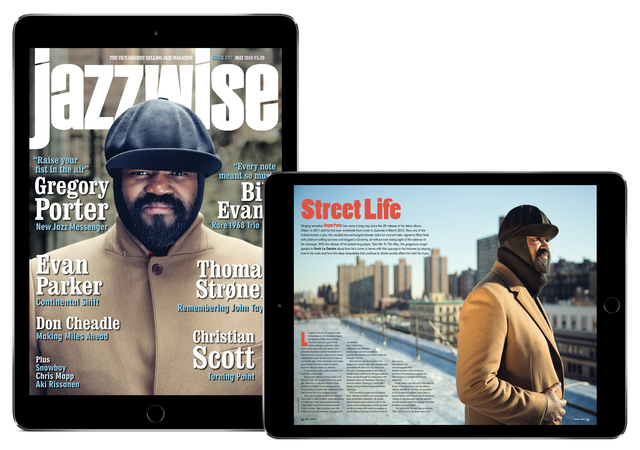
The new digital model that treats books like magazines
thebookseller.com – Saturday May 21, 2016

The digital revolution has been something of an asteroid for the whole publishing industry, but it has presented particularly gnarly challenges to libraries, colleges and schools.
How to transfer collections from the stacks to the screen? How does digital lending work, both practically and financially? Which texts would publishers be willing to digitise, and which would languish in analogue ignominy on the shelves?
What's Next for Hybrid Publishing
publishersweekly.com – Saturday May 21, 2016
In 2012, I cofounded She Writes Press with a clear vision for what our press would be, but without a clear definition. We were creating something that combined self-publishing and traditional publishing, curating the books, and placing a strong value on editing and design, but without author platforms or a particular sales threshold driving our publishing decisions. Because our model is author subsidized, we were decidedly not traditional publishing, but we were not self-publishing either.
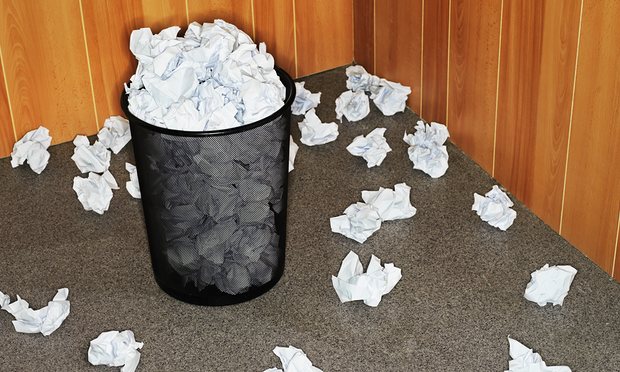
What makes bad writing bad?
theguardian.com – Friday May 20, 2016

Bad writing is mainly boring writing. It can be boring because it is too confused or too logical, or boring because it is hysterical or lethargic, or boring because nothing really happens. If I give you a 400 page manuscript of an unpublished novel – something that I consider to be badly written – you may read it to the end, but you will suffer as you do.
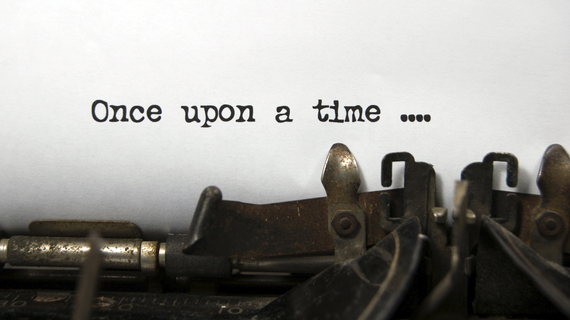
The Five Stages of Writing a Novel
huffingtonpost.co.uk – Thursday May 12, 2016

Few things in life are more daunting than attempting to write a novel. Leaving aside the amount of words you have to write (novels are usually around 80,000 - 100,000 words), there's the enormity of having to create an entire world, peopled by characters that have come straight out of your imagination. Most difficult of all, you have to keep that world spinning; keep it interesting, keep the twists and turns coming, right up to the very end.

The 15 Stages of Sitting Down to Write
bustle.com – Wednesday May 11, 2016

We all know that the life of a professional writer is exciting, glamorous, and filled with unqualified success. The only downside to a career in writing is the actual writing. Writing, as most people already know, is impossible. If you've ever tried to write something, be it a novel or a term paper, you're probably well acquainted with the struggle of actually sitting down to write.
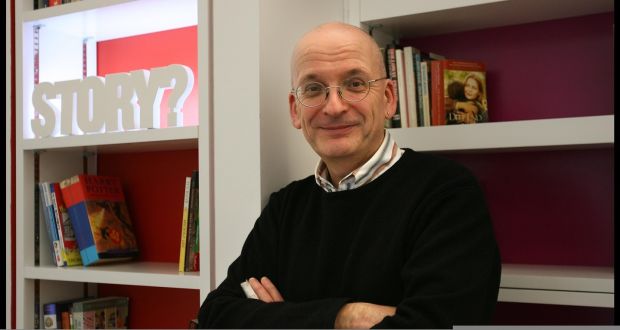
Know a budding writer? Roddy Doyle has ten tips to get them writing
irishtimes.com – Wednesday May 11, 2016

It’s there in front of you - the blank space with the blinking cursor or the empty page in a notebook. Your fingers grasp the pencil or the pen; your hands hover over the keyboard. There’s so much to say but how to start and, once started, how to keep going? That’s the challenge. You and only you can do it, and you wouldn’t have it any other way.
Here's Roddy Doyle with some tips.

How To Write A Book When You Have A Full-Time Job
elitedaily.com – Tuesday May 10, 2016

It took me five minutes to write this sentence.
Five minutes of staring into space until the idea of writing an opening line about how long it took me to think of an opening line popped into my head.
In the grand scheme of things, five minutes isn’t all that long. But for a writer, five minutes for nine words can add up.
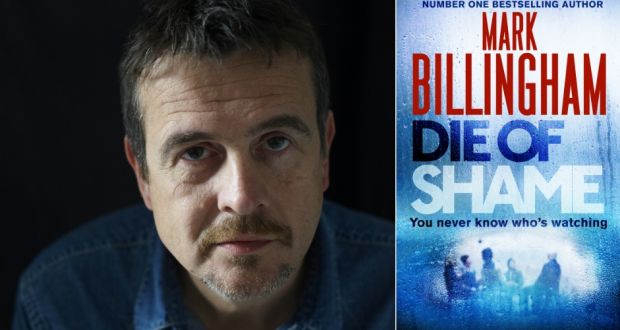
Mark Billingham: why research comes last, and other crime-writing tricks
irishtimes.com – Monday May 9, 2016

Research can get you into trouble. It’s important, of course, but there are pitfalls. An obvious one – especially when writing dark crime novels – is that you can occasionally find yourself dealing with someone who doesn’t see the world in quite the way you do and certainly shouldn’t be left alone with sharp objects. Once, after posting on a forensic anthropology website for information on the speed at which a body might decompose under a particular set of circumstances, I received the following email.
Writing crime with Donna Leon, Duncan Campbell and Barry Forshaw – books podcast
theguardian.com – Friday May 6, 2016
In this week’s podcast, we investigate the enduring appeal of crime in literature. Duncan Campbell, for decades one of the UK’s most distinguished crime correspondents, looks back through a murky history that began with reports of hangings in the 17th century, assisted in the birth of the novel with Daniel Defoe’s Moll Flanders and has been conflating fact and fiction ever since.
He’s joined by Barry Forshaw, a walking encyclopedia of noir, who explains why the British tradition of crime writing walks to a different beat than the rest of the world.
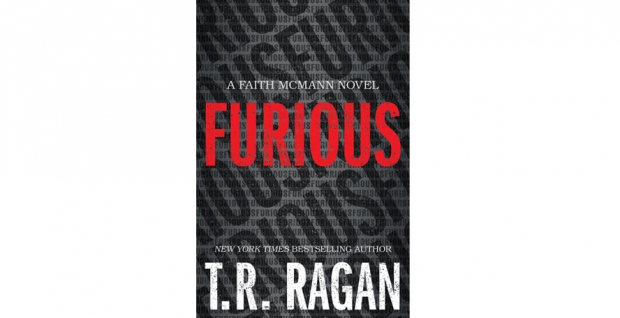
Guest post by TR Ragan: Writing in different genres
hypable.com – Wednesday May 4, 2016

TR Ragan joins us to talk about her experiences in writing across different genres, including both romance and thrillers.
Get the free newsletter | Submit a news item or article | Get Writers' News for your website





